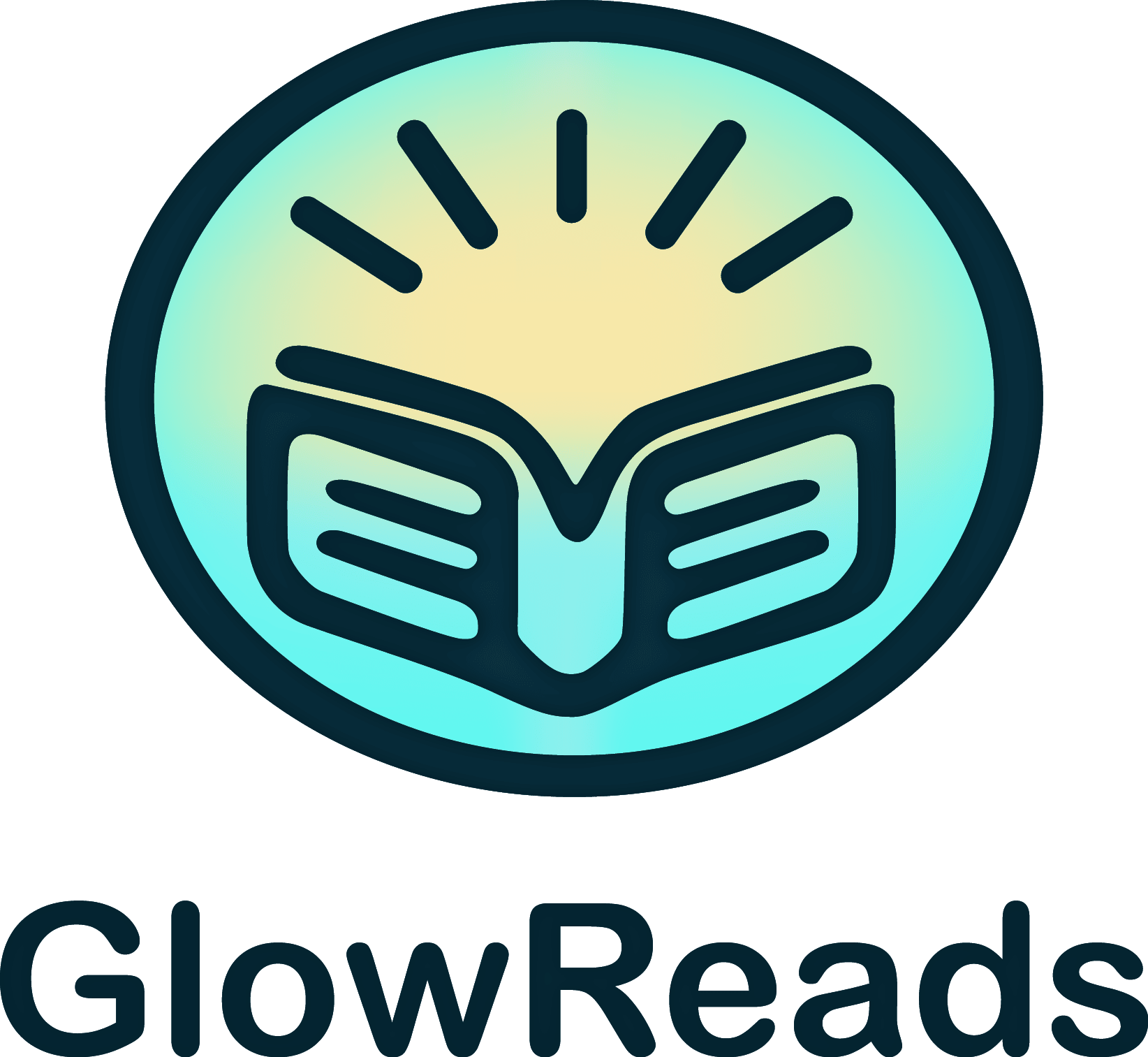Introduction: Epic fantasy books offer readers grand narratives filled with heroic quests, intricate plots, and vast, immersive worlds. These stories often span multiple volumes and explore themes of good versus evil, destiny, and the power of heroism. By engaging with epic fantasy, readers can embark on thrilling adventures, experience the triumphs and trials of larger-than-life characters, and explore richly detailed fantasy realms. Here, we highlight ten iconic epic fantasy books that have captivated readers and earned critical acclaim.
Key Characteristics of Epic Fantasy Books: Epic fantasy books are characterized by their grand narratives, often spanning multiple volumes, and featuring complex plots, vast worlds, and heroic quests. These novels typically blend creative storytelling with rich world-building, creating immersive and expansive realms that transport readers to fantastical settings. Epic fantasy explores themes such as good versus evil, destiny, heroism, and the power of imagination, providing both entertainment and intellectual stimulation. The genre employs narrative techniques such as detailed descriptions, intricate plots, and multi-faceted characters to create a sense of wonder and adventure.
Iconic Epic Fantasy Books:
- “The Lord of the Rings” by J.R.R. Tolkien: An iconic work of epic fantasy that follows the journey of Frodo Baggins and his companions as they seek to destroy the One Ring and defeat the dark lord Sauron. Tolkien’s rich world-building, complex characters, and exploration of themes such as friendship, bravery, and sacrifice have made “The Lord of the Rings” a cornerstone of the genre.
- “A Game of Thrones” by George R.R. Martin: The first book in the “A Song of Ice and Fire” series, set in the fictional continents of Westeros and Essos. Martin’s intricate plotting, multi-faceted characters, and exploration of themes such as power, betrayal, and loyalty have earned it critical acclaim and a dedicated following.
- “The Name of the Wind” by Patrick Rothfuss: A beautifully written epic fantasy novel that follows the life of Kvothe, a legendary figure, as he recounts his adventures and struggles. Rothfuss’s lyrical prose, rich world-building, and complex characters have made it a standout in the genre.
- “The Wheel of Time: The Eye of the World” by Robert Jordan: The first book in the “Wheel of Time” series, following a group of young villagers as they are thrust into a battle against an ancient evil. Jordan’s intricate world-building, complex characters, and epic scope have earned it critical acclaim and a lasting legacy.
- “Mistborn: The Final Empire” by Brandon Sanderson: The first book in the “Mistborn” series, set in a world where magic is derived from metals. Sanderson’s innovative magic system, engaging characters, and exploration of themes such as revolution and heroism have made it a standout in the genre.
- “The Hobbit” by J.R.R. Tolkien: A prelude to “The Lord of the Rings,” this novel follows the journey of Bilbo Baggins as he embarks on an adventure to help a group of dwarves reclaim their homeland from the dragon Smaug. Tolkien’s engaging narrative, rich world-building, and exploration of themes such as courage and adventure have made “The Hobbit” a beloved classic.
- “The Stormlight Archive: The Way of Kings” by Brandon Sanderson: The first book in the “Stormlight Archive” series, set in the world of Roshar. Sanderson’s intricate world-building, complex characters, and exploration of themes such as leadership, honor, and sacrifice have earned it critical acclaim and a dedicated following.
- “The Chronicles of Narnia: The Lion, the Witch and the Wardrobe” by C.S. Lewis: A classic epic fantasy novel that follows the adventures of four siblings who discover a magical world called Narnia. Lewis’s imaginative storytelling, rich symbolism, and exploration of themes such as redemption and the battle between good and evil have made it a timeless favorite.
- “The Silmarillion” by J.R.R. Tolkien: A collection of mythopoeic stories set in the world of Middle-earth, exploring the creation of the world and the history of its peoples. Tolkien’s rich world-building, intricate mythology, and exploration of themes such as creation, destiny, and heroism have made it a significant work in the genre.
- “The Once and Future King” by T.H. White: A modern retelling of the legend of King Arthur, exploring his rise to power and the challenges he faces as a ruler. White’s engaging narrative, rich character development, and exploration of themes such as leadership, morality, and destiny have made it a classic in the genre.
Conclusion: Iconic epic fantasy books offer readers grand and immersive narratives, characterized by heroic quests, intricate plots, and vast, richly detailed worlds. By engaging with these compelling stories, readers can embark on thrilling adventures, experience the triumphs and trials of larger-than-life characters, and explore the wonders of fantastical realms. These iconic epic fantasy books continue to captivate readers with their masterful storytelling and exploration of timeless themes, making them essential reading for anyone interested in the genre.
